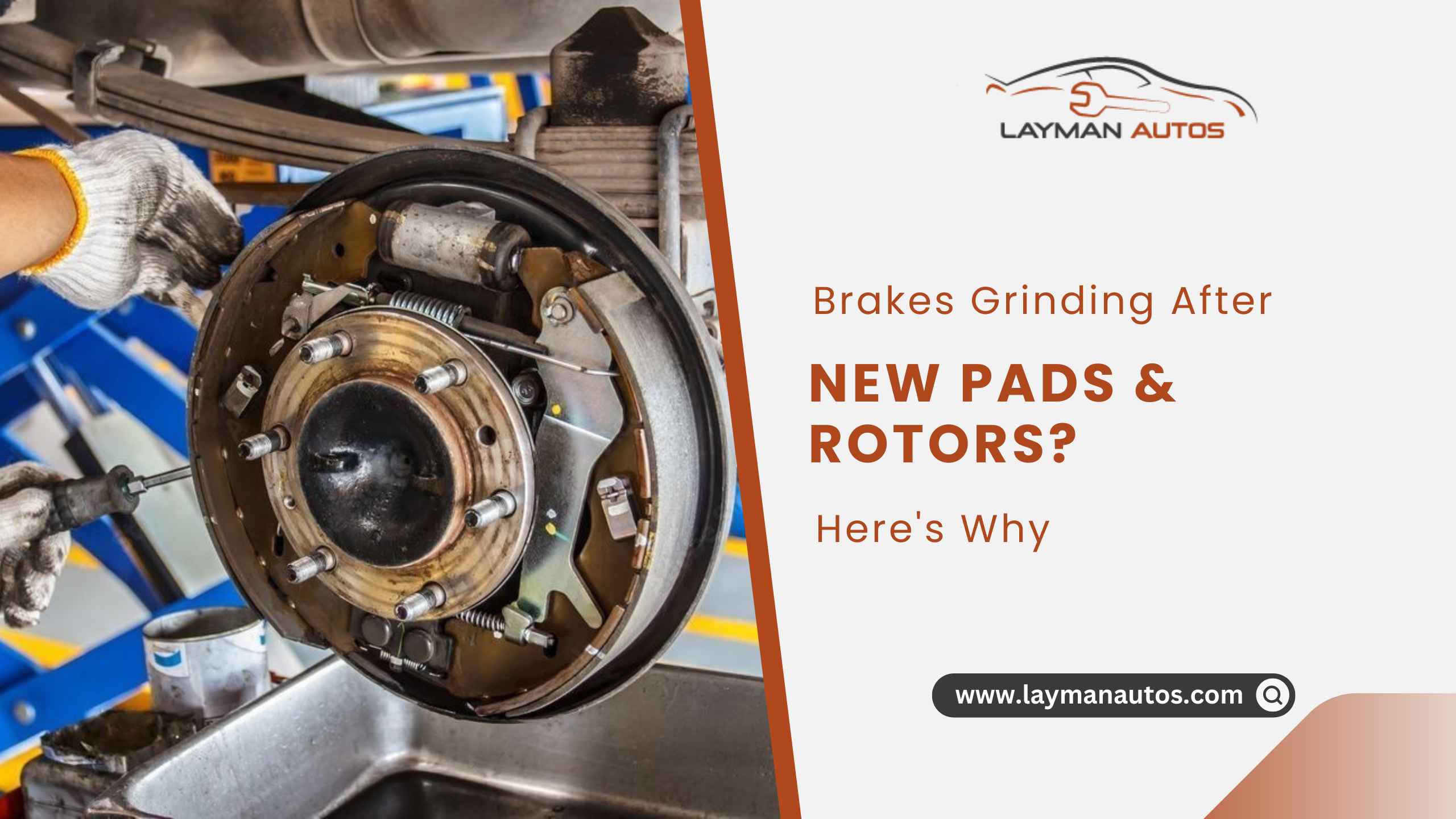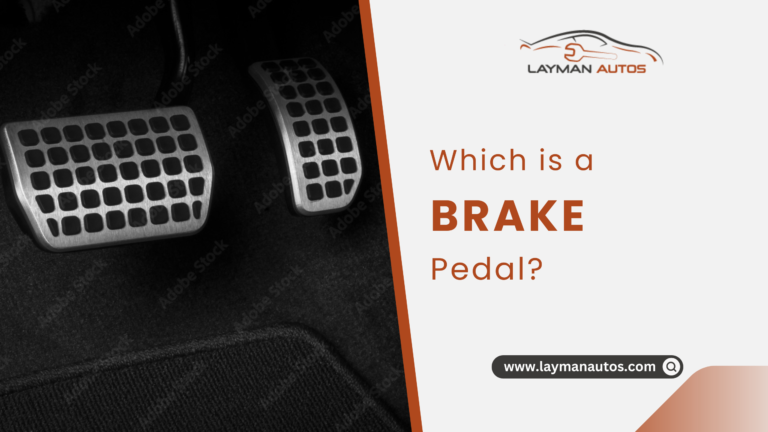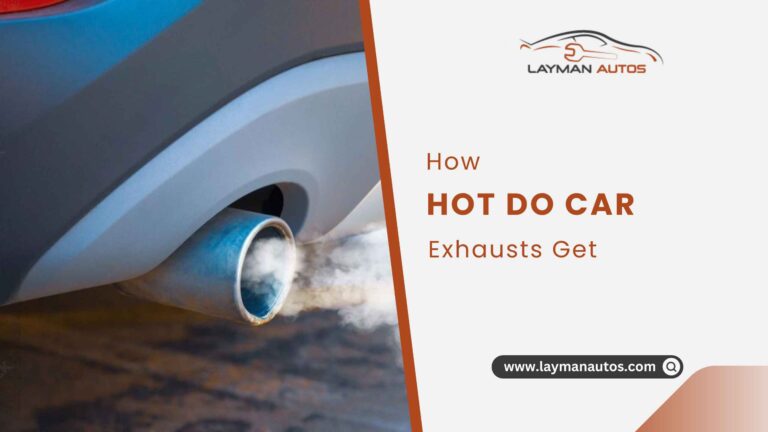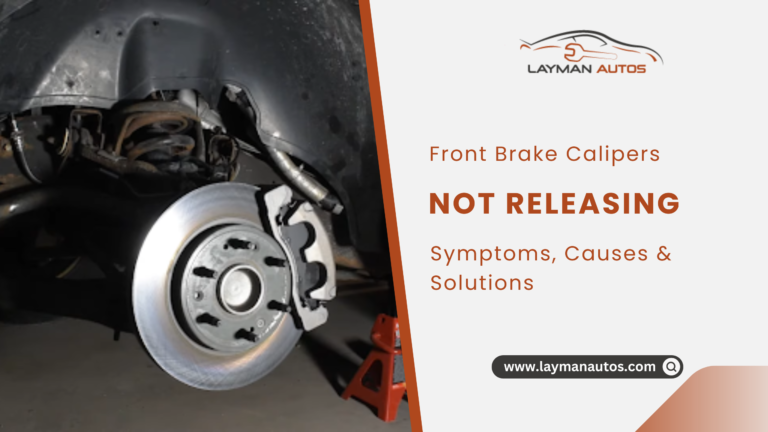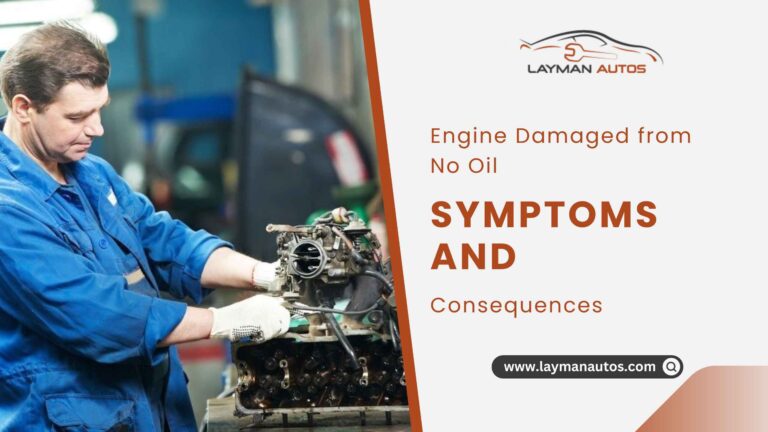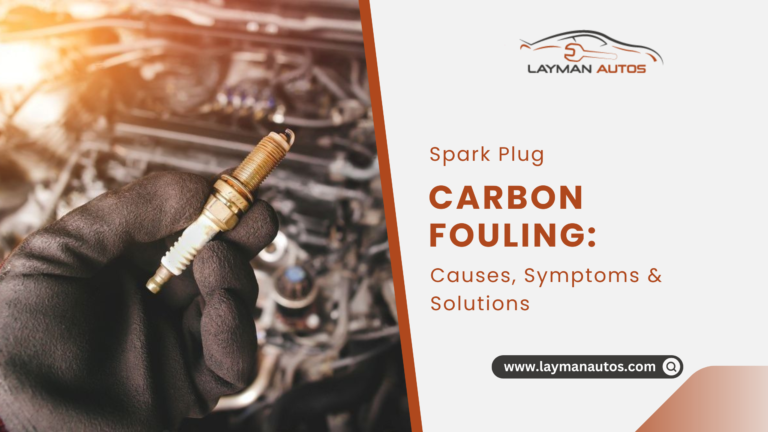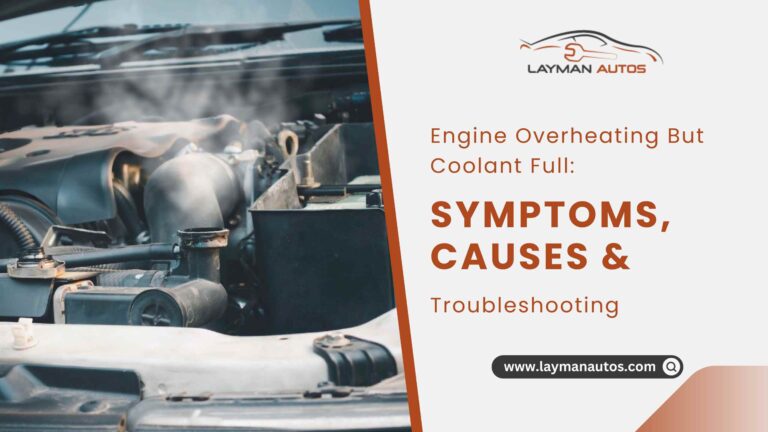Brakes Grinding After New Pads and Rotors? Here’s Why
When your brakes are grinding and creating noises, it’s obvious that you need new brake pads and rotors. Is there anything you can do if the brakes grind after new pads and rotors and still hear grinding when you apply the brakes?
If your brakes are still producing noise after you’ve replaced the pads, it’s probably because the rotors weren’t ground down when you did the replacement.
If you’ve changed the worn-out brake pads yourself (or had a buddy do it for you), the squeaking or grinding might be the result of the new pads getting acclimated to the uneven rotors, which is why most shops will grind the rotors down a bit before replacing the pads.
If your brakes are still grinding or creating noise after having been replaced, this article will explain some more potential reasons and remedies.
Causes of Brakes Grinding After New Pads and Rotors
If your car’s brakes are producing noise, you may expect your technician to check the pads and rotors before doing anything else. Changing the brakes usually solves the problem of grinding and noise, but occasionally the new ones will still make noise.
The following are examples of possible sources of braking noise:
- The rotor is hitting the crooked backing plate since it became deformed. As simple as bending it back into position, this problem is easily fixed.
- Each time the wheel spins, the tape weights within might collide with the brake caliper.
- There is a risk of the brake rotor being scraped by the metal shims that are part of the brake pad.
As indicated before, if the noise was caused by the brake pads being shaped to the rotors, and you changed the pads yourself, the noise should go away with time. If the noise persists after many months of typical use, it’s best to get your vehicle checked out to be sure nothing more serious is wrong.
Is the Squeaking Sound I Hear Coming From My New Brakes Normal?
It is quite improbable that your car’s brakes will make any noise after you have replaced the brake pads and rotors.
It’s normal for some noise to remain after replacing either the new rotors or the brake pads, but this is nothing to be concerned about. A return of noise after replacing the pads and rotors is abnormal.
Nonetheless, there are a few potential causes to consider if it persists. There’s water in there from the rain, ice, and snow between the rotor and the brake pads.
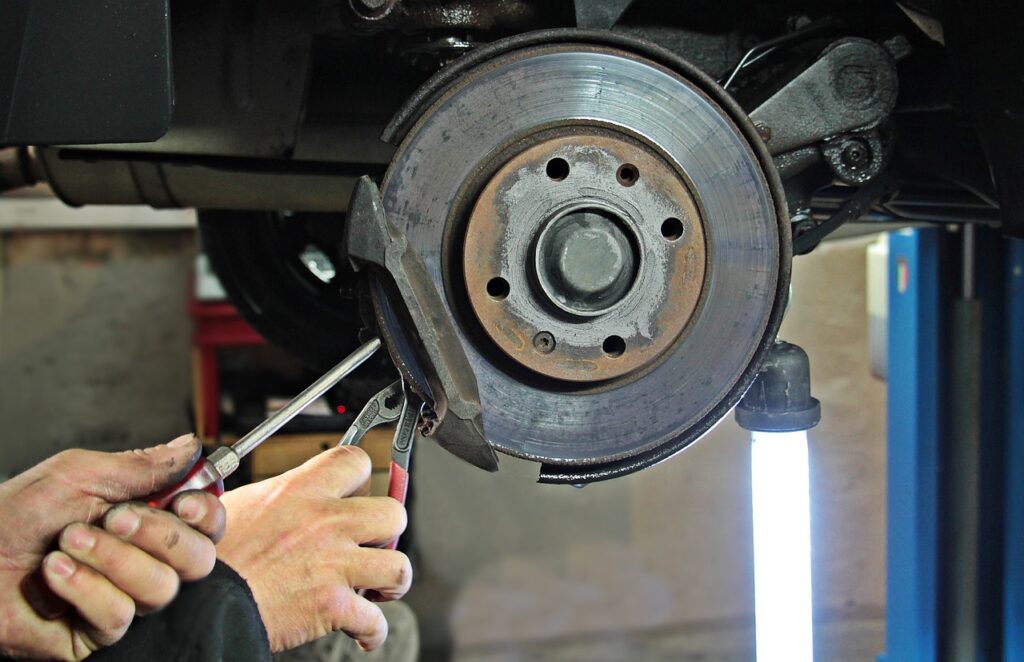
In the event that your automobile develops surface rust from overnight condensation, don’t worry; it may be easily removed by washing the vehicle. There may be a squeaking noise when you press on the brakes because of the dampness. This can also happen if you haven’t driven the car in a while and there has been recent precipitation (rain, snow, etc.).
Heavy Braking
When brakes are used frequently and heavily, they can get quite hot and start to squeak. Overuse of the brakes usually does not result in squeaking, although it has happened. So, it may be due to the mountains you just drove through or the heavy braking you did on your way to work this morning.
You should worry if the sound is more like grinding than squeaking since this might indicate that the brake pads are completely worn down or that the caliper is jammed, preventing the brakes from engaging.
Reasons New Brakes Make Grinding Noise at Low Speed
There are times when hearing brake noise is a lifesaver since it lets us know there is an issue with the brakes. Several common reasons for a grinding sound when braking are discussed below.
Any time your automobile produces a grinding noise when braking at low speed, it’s a red flag that something is wrong with the brakes or the rotors. Never ignore brake vibrations for fear of repair costs.
1. Debris Stuck Between Rotor And Caliper
It is common for the rotor and caliper to accumulate dirt and dust over time. Small rocks or other solid items from the road may cause issues, though, if they become lodged between the caliper and rotor. When this occurs, the brakes may grind regardless of whether the brake is used.
2. Damaged Brake Pads
Inadequate or worn brake pads might generate a grinding sound when you apply the brakes. After a certain amount of use, brake pads wear out and need to be replaced. As the brake pads wear down, they gradually wear down the supporting plates, causing the metal to rub against the metal and creating a squeaking sound.
3. Worn-Out Rotor Discs
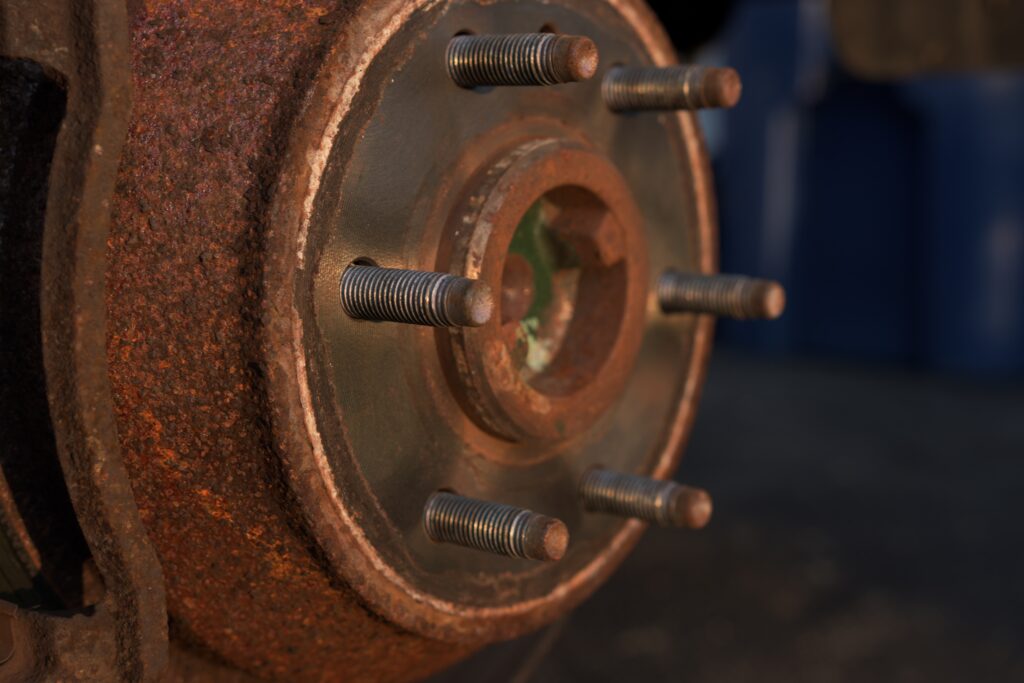
Worn rotor discs are another potential source of grinding sounds while braking. Non-flat rotor discs can cause a squeaking noise. Badly worn rotor discs will cause the brakes to make scraping noises and vibrate heavily. Brake pedal vibrations manifest as random oscillations.
4. Poor Quality Of Brake Pads
Do not compromise on brake quality to save money. Brake rotors can be severely damaged by using brake pads of inferior quality, which include metal pieces that rub and scrape against the rotor’s surface. The use of low-quality brake pads should be avoided at all costs in favor of high-quality items from a reputable brand. The price tag may be steep, but it will be far smaller than the repairs for worn brake pads.
5. Broken Shims
There are a number of potential causes for the grinding sound when braking, but one of them is broken shims. When a worn shim rubs against the rotor, it causes a grinding noise that indicates the brakes need attention. Make sure the shims are replaced anytime you or your mechanic works on the brakes.
How Long Can I Drive With Grinding Brakes?
Some people have reported being able to keep driving with grinding brakes for up to two weeks, but this is not something we recommend doing. Stop driving with noisy brakes as infrequently as possible.
Two weeks of driving with noisy brakes are too lengthy and dangerous. Still, you can keep going for a while as long as you don’t slam on the brakes. If you suspect worn brake pads are to blame, it’s best to replace them as soon as you hear the grinding noises.
How To Stop New Brakes From Grinding?
New brakes that make grinding noises are annoying, but the following methods have sometimes helped fix the problem.
If your brand-new brakes are making grinding noises, you can try lubricating the pads, removing the brake dust, adjusting the brake shims, or having the rotors ground flat.
All of these techniques have widespread support among motorists and mechanics alike, however, grinding the rotors will need a trip to the service center.
1. Lubricating the Brake Pads
When brand-new brake pads continue to make noise, it might be because they haven’t been properly lubricated. To test whether stopping the grinding of your brakes is possible, try applying lubricant to all the moving parts.
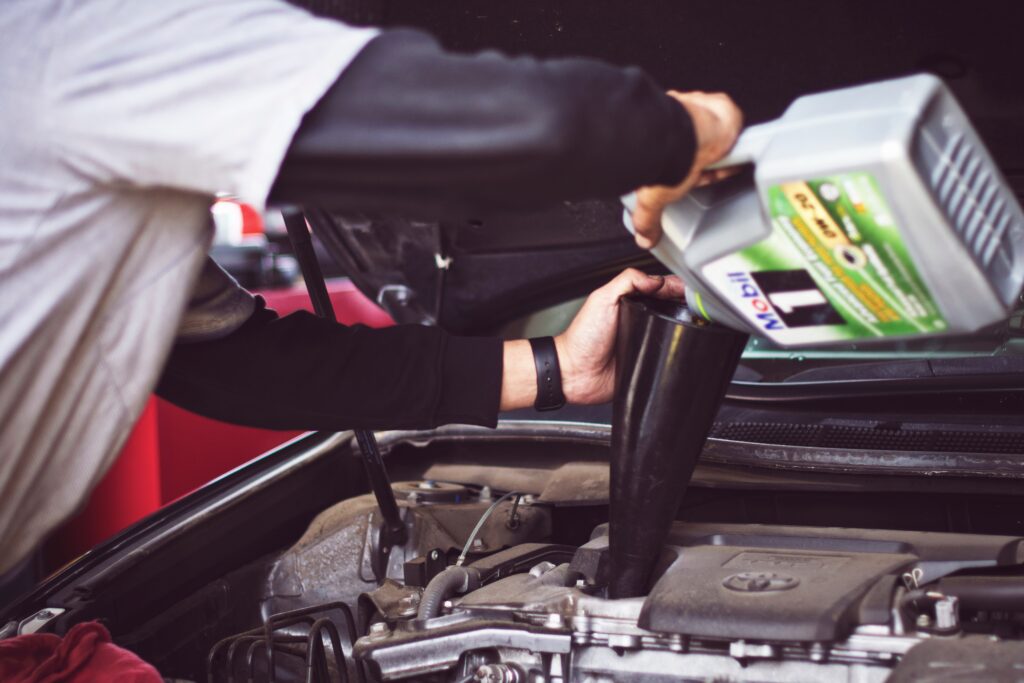
Removing the brake pad from the calipers allows for a thorough greasing of all moving parts, from the rear of the brake pad to the caliper carrier. Such a thing could soften the worst of blows.
2. Installing Shims
Brake pad shims might be used to rule out the possibility that excessive vibrations are causing the noise. You could already have them in your car, but if there is any kind of noise coming from them, you should definitely get new ones.
Brake shims are put behind the pads to prevent the pads from shifting. There is a tiny bit of rubber in there to prevent any squeaking from vibrations.
3. Remove The Brake Dust
Dust caught between the brake caliper and the rotor is another possible cause of brake grinding.
Even after replacing the brake pads and rotors, a grinding noise may be produced if there is excessive dust in the area.
Final Thoughts
In conclusion, if your brakes still exhibit grinding or noise even after replacing the pads and rotors, there may still be underlying issues within the brake system. It’s essential to check the brake pedal, brake caliper, contact points, and wheel bearings for any potential problems. Addressing these issues promptly is crucial to ensure optimal brake performance and to get rid of any lingering noise. If necessary, consult a professional to diagnose and resolve any remaining concerns.
Frequently Asked Questions
Will Brake Cleaner Stop Grinding?
The effectiveness of brake cleaning depends on the cause of the grinding noise. If the issue is caused by grinding or friction from a drum, caliper, liner, shoe, or pad, for instance, you may try using a cleaning to fix the problem. But remember that the brake cleaner can only do so much and could not stop the grinding noises if the problem is connected to parts that are too old, worn out, or in need of resurfacing.
Why does my car squeak when I brake?
If you hear a squeaking noise coming from your car’s braking system, do not ignore it. Your vehicle’s braking system is responsible for operating its safety features. Don’t dismiss any red flags that may appear. Get your car examined as soon as possible if you hear any unusual noises, such as squeaking or grinding when applying the brakes.
How Much Does It Usually Cost To Get New Brakes And Rotors?
It can cost anything from $300 to $800, not including labor, to replace the calipers, pads, and rotors on a single wheel. This, however, is dependent on the vehicle you drive and other variables. Replacing all of these components would demand a budget of at least a thousand dollars. Despite the fact that the typical expense of new brakes and rotors is close to $500.

